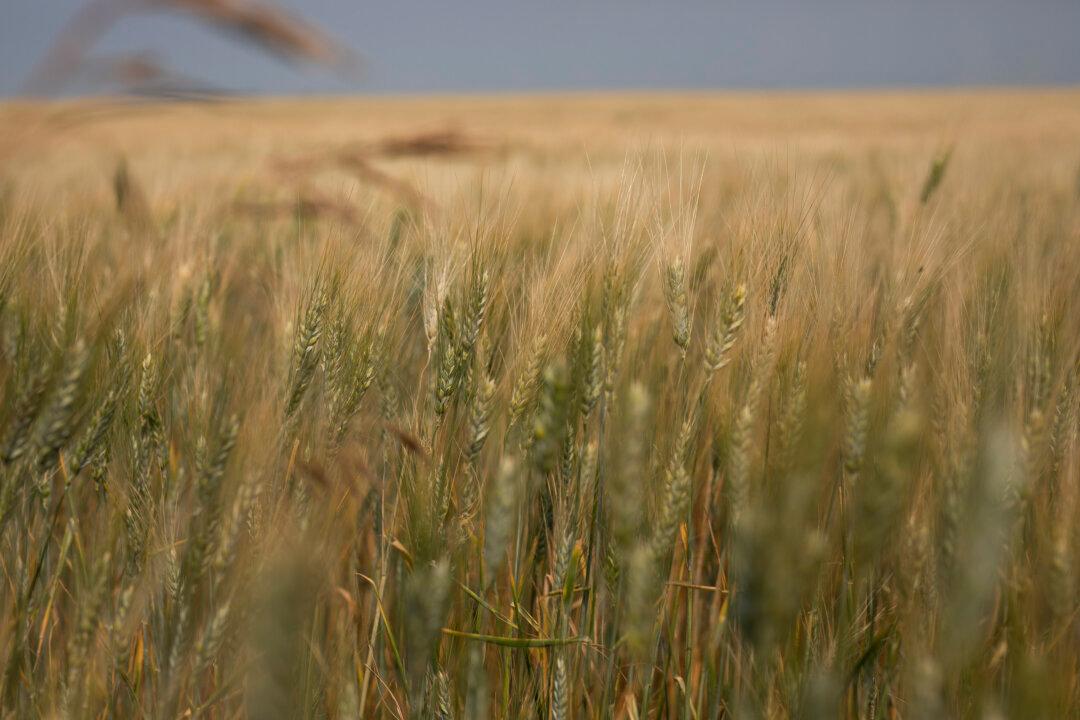The Saskatchewan government has introduced legislation that requires federal employees to comply with the province’s trespass laws. Failure to comply will carry a fine of up to $200,000 per person.
Minister of Justice and Attorney General Bronwyn Eyre introduced “The Trespass to Property Amendment Act, 2022” on Nov. 23 in response to “concerns about unauthorized access to private land” by federal employees in August.





